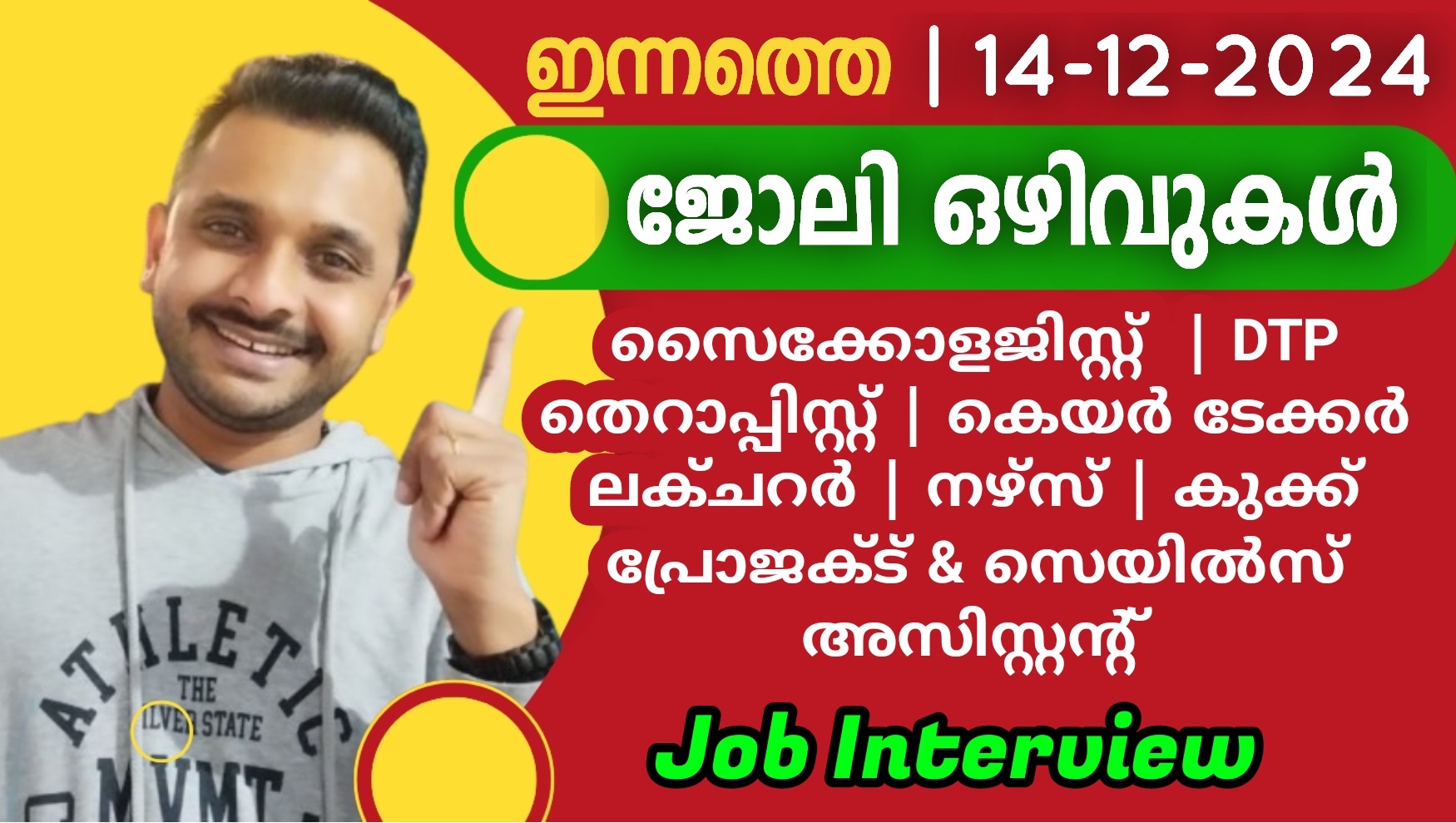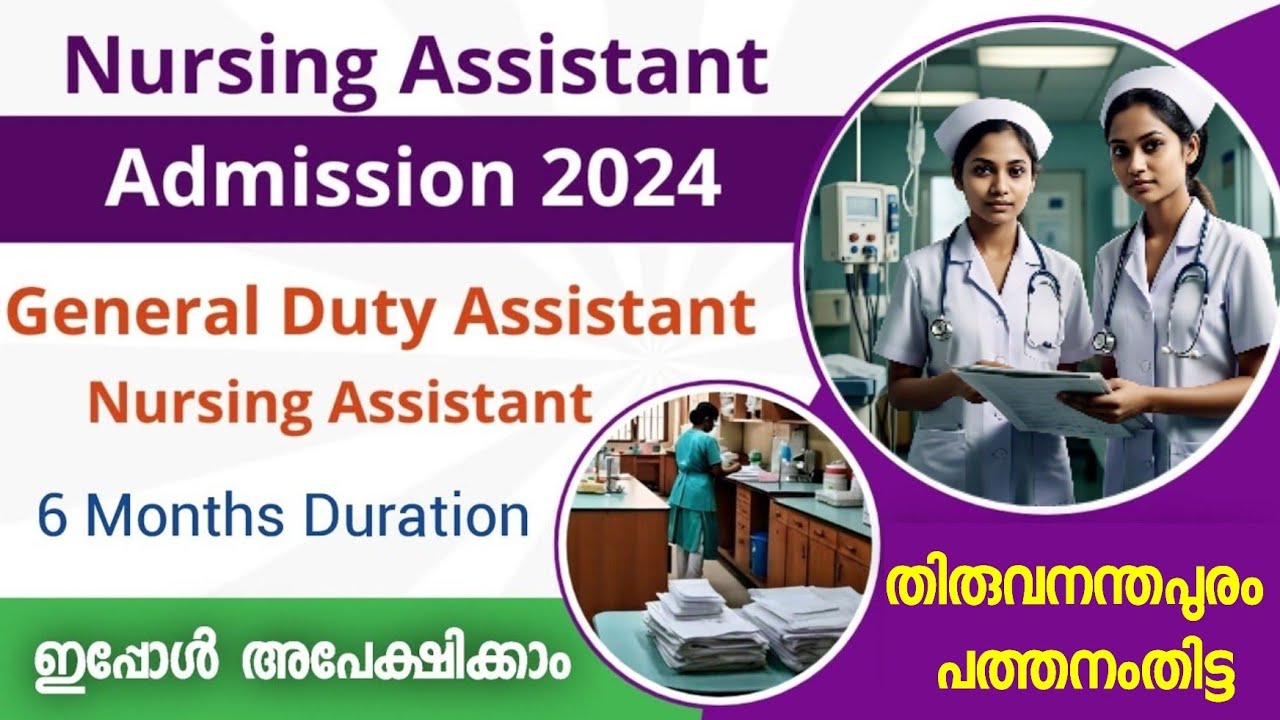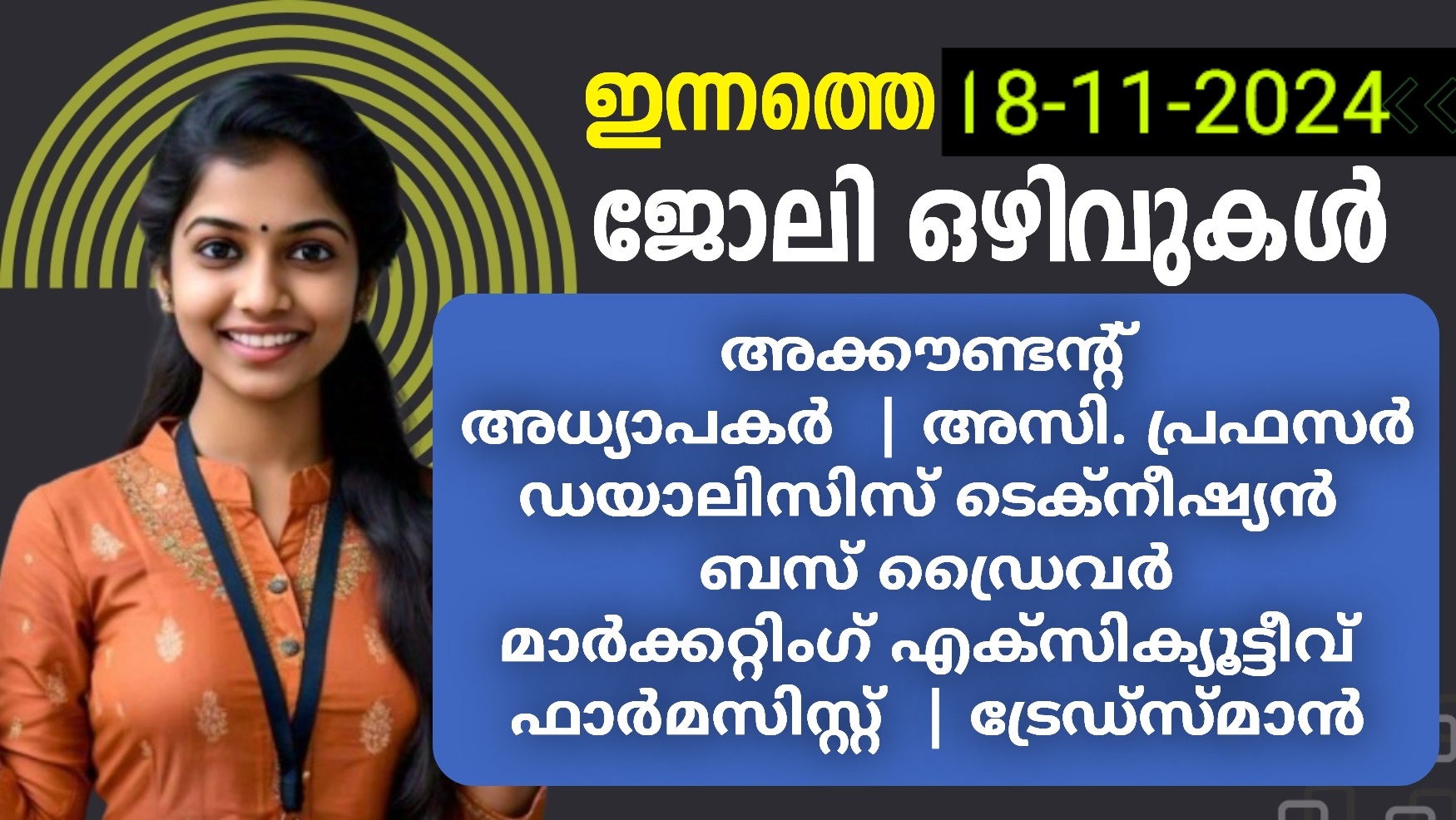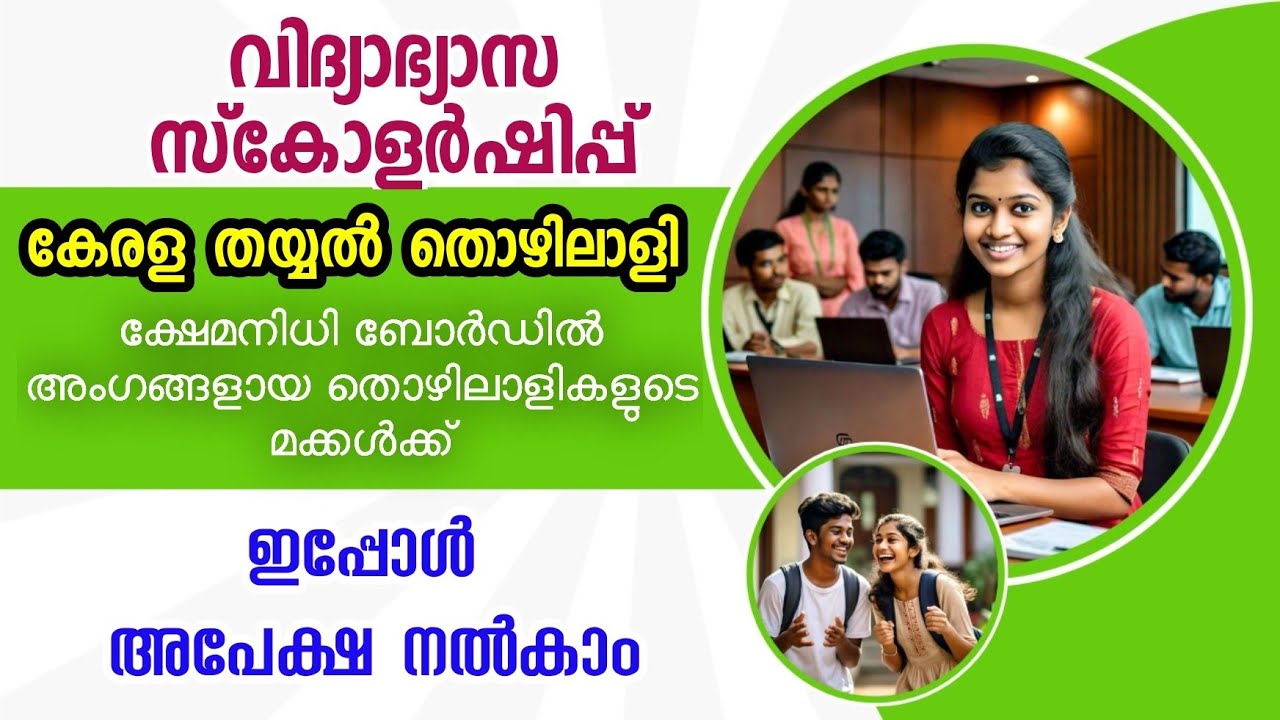Campus Placement Tips and Tricks for Computer Science Students

Based on our experience, we've compiled a comprehensive guide to help you navigate the campus placement process successfully. Each element plays a significant role in getting placed, and it's essential to approach them with the right mindset and preparation.
Understanding the Placement Process
Placement is not a single activity but the result of a sequence of tasks. Therefore, it's crucial to recognize that aptitude tests, interviews, and group discussions are all integral components of the placement process. Each of these elements contributes to your overall success in securing a job.
Aptitude Tests
Aptitude tests are designed to assess your logical thinking, reasoning, and problem solving abilities. Speed and accuracy are critical here. You need to answer a set number of questions within a limited time, so practicing these skills is vital. Aptitude tests often include questions related to:
Logical Reasoning: Your ability to think logically and solve problems.
Quantitative Aptitude: Your numerical and mathematical abilities.
Verbal Ability: Your command over language, including grammar, vocabulary, and comprehension.
Consistent practice and familiarization with common aptitude test formats can significantly improve your performance.
Interviews
The interview is the stage where you interact facetoface with the interviewer. By this point, they already have a good understanding of your aptitude and technical background. The focus of the interview is to evaluate:
Communication Skills: Your ability to articulate your thoughts clearly and effectively.
Problem Solving Skills: How you approach and resolve issues.
Confidence and Body Language: The way you present yourself, including maintaining a calm and confident face.
Language Proficiency: Strong English communication skills are crucial for most interviews. Many of us may have good writing skills but struggle with speaking fluently. To improve your spoken English:
Practice Speaking: Discuss your favorite topics, such as movies, in English with friends or family.
Watch Movies with Subtitles: This helps improve your listening skills and learn new vocabulary.
Call a Close Friend in English: Regular practice in real conversations will build your confidence.
Read More Articles: Reading enhances your fluency and introduces you to different writing styles.
Always remember to keep a friendly smile on your face during the interview. A smile reflects your confidence and helps create a positive atmosphere.
Preparation Tips for Interviews
Study Your Resume: Ensure that you are thoroughly familiar with everything mentioned in your resume. ItГўвӮ¬в„ўs essential to be ready to discuss your hobbies, technical skills, internships, and any other details.
Know Your Project: As a fresher, your academic project is a key point of discussion. Be prepared to explain your project not just theoretically but also technically, covering aspects like the backend, frontend, database, modules, etc.
Research the Company: Before attending an interview, study the company's website. Understand what they do, their services, products, and culture. This knowledge will help you answer questions effectively and show that youГўвӮ¬в„ўre genuinely interested in the company.
Prepare Questions: At the end of the interview, you might be asked if you have any questions. Prepare a thoughtful question that demonstrates your interest in the company and the role.
Group Discussions (GD)
Group discussions are another crucial part of the placement process. Here, you must be a good speaker and listener. Typically, 5 to 8 participants are involved, and your goal is to express your thoughts clearly and respectfully.
Express Your Ideas: Speak clearly and confidently, ensuring that your points are well organized and relevant.
Listen Actively: Pay attention to others' ideas and build on them. Show that you can engage in a collaborative discussion.
Lead, DonГўвӮ¬в„ўt Dominate: Encourage others to speak, showing leadership qualities without overpowering the discussion.
Professionalism: Maintain a professional approach throughout the GD. Your actions, words, and expressions should reflect maturity and respect for all participants.
Resume Building
Creating a well crafted resume is essential to make a strong first impression on potential employers. Your resume should highlight your skills, experiences, and achievements clearly and professionally.
Using Canva for Resume Building:
User Friendly: Canva offers an intuitive platform for creating professional looking resumes, even without extensive design experience.
Customizable Templates: Canva provides a variety of templates that can be tailored to suit the job you're applying for.
Design Elements: Enhance your resume with customizable icons, color schemes, and fonts to reflect your personal brand.
Easy Sharing: Canva allows you to download your resume in different formats or share it directly with potential employers.
Note: Canva is just one of many tools available for resume building. It's worth exploring different options to find the one that best suits your needs.
Conclusion
Campus placements can be a challenging process, but with the right preparation and mindset, you can navigate each stage successfully. From excelling in aptitude tests to acing interviews and participating effectively in group discussions, each step requires focus and dedication. Remember, placement is a result of consistent effort across all these areas. Stay positive, keep improving your skills, and youГўвӮ¬в„ўll be well on your way to securing the job you desire.









